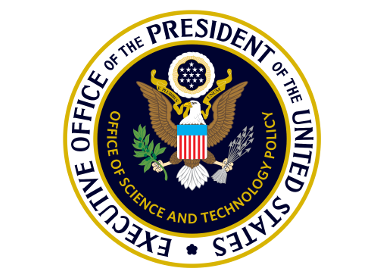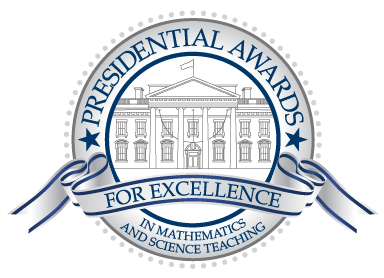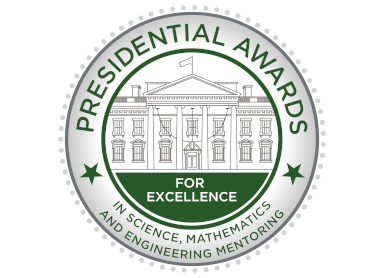Michael Doody
New Castle, DE | 7-12, Science, 2023

What motivates you to contribute to excellence in STEM teaching?
Students are consistently bombarded with information in their daily lives. They need the tools to be able to analyze and act on that information. Science teachers are uniquely positioned to help students think critically about the world around them, and I hope to continue contributing to that.
What has been the most transformative moment that affirmed your impact on STEM education?
The most transformative moment for me as a teacher was watching students apply concepts/principles from my classroom to the real world through a mangrove restoration project in partnership with an NGO in Costa Rica.
Using your platform as a Presidential Awardee, how do you hope to advance our nation in STEM?
I hope to continue to advocate for rigor and relevance in the science classroom, giving students authentic experiences with the collection and analysis of data, and connecting students with resources according to their academic and career interests.
Biography
Michael "Mike" Doody taught Chemistry, Environmental Science, and Integrated Science at William Penn High School for 10 years. He now serves as the Academic Support Coordinator in the Engineering Department at Swarthmore College. Through fellowships with the Delaware Teachers Institute and the Yale National Initiative to strengthen teaching in public schools, Mike developed a series of curriculum units that provide students with authentic science experiences, local relevance, and a level of rigor above and beyond traditional curricula. He provided students with opportunities to plan and carry out investigations, collect and analyze data, and construct explanatory models based on evidence. For example, his chemistry students designed an experiment to test the solubility of oyster shells in solutions of different pH as part of a unit on acids and bases, and his environmental science students used satellite images and GIS to model how our school campus handles stormwater in various rainfall scenarios. The students were then able to propose upgrades and modifications that would reduce the school's runoff. As the Science Department Chair, Mike worked with his colleagues and supervising administrators to plan and carry out effective, enriching, and engaging professional development ranging from culturally-responsive instructional strategies to content-based field work in partnership with local NGOs. Mike earned a B.S. in environmental science from Towson University and an M.S. in plant and soil science from the University of Delaware. He is certified in chemistry and secondary science education and is an active member of the National Science Teaching Association.
High-resolution version of the teacher profile photograph
The views expressed in awardee profiles are those of the author and do not necessarily reflect the views of NSF or the PAEMST program.



